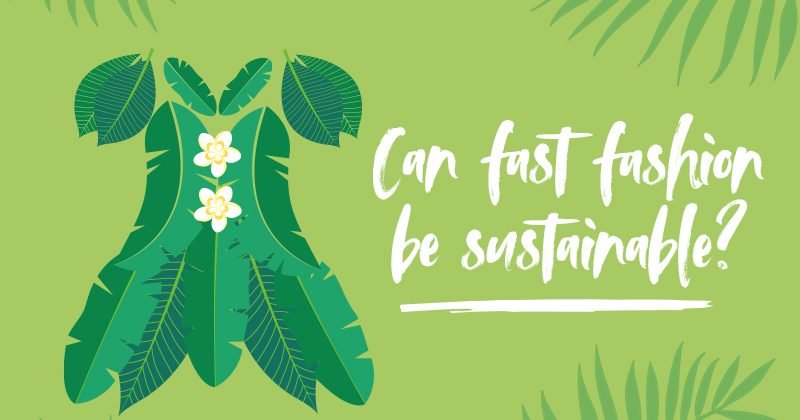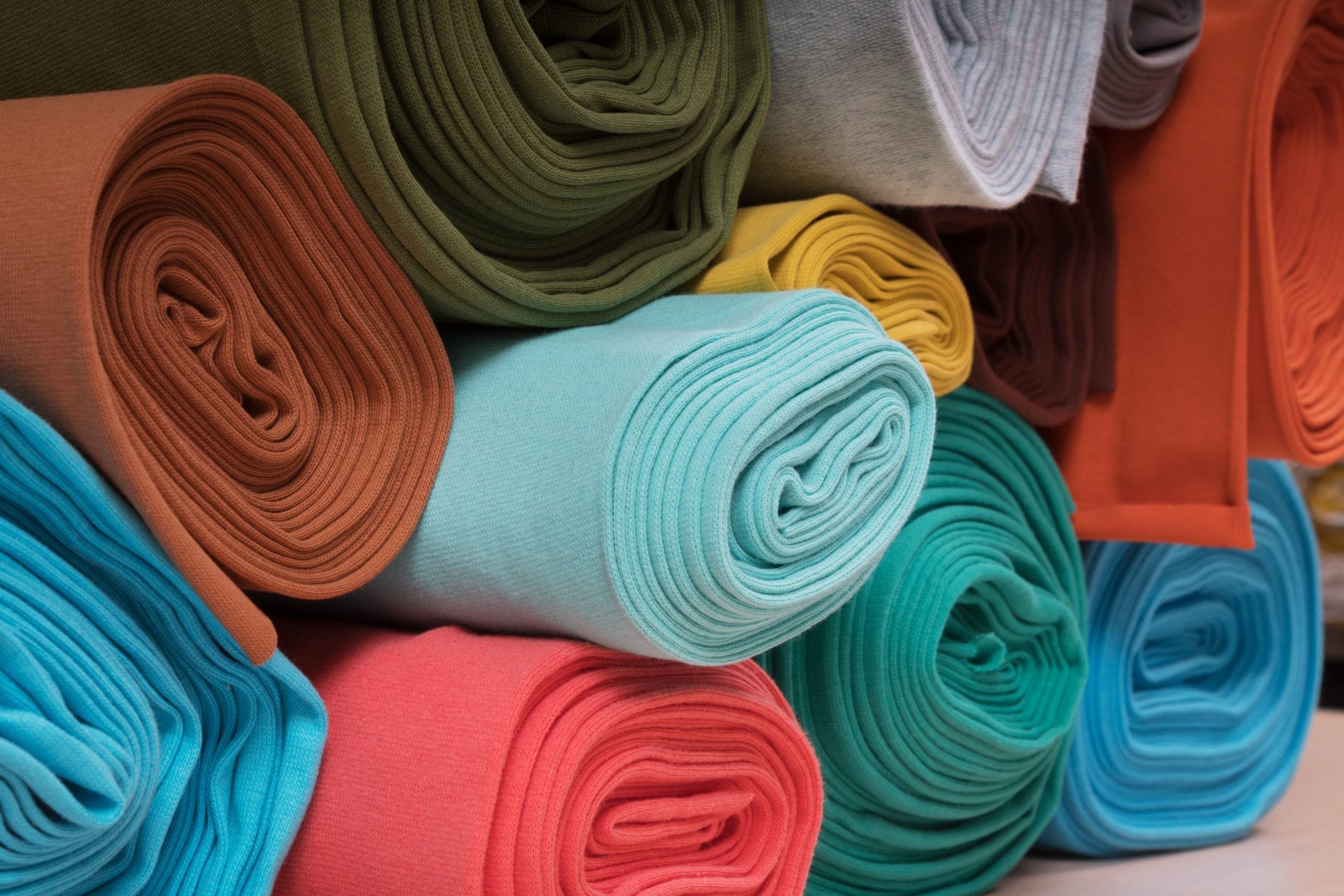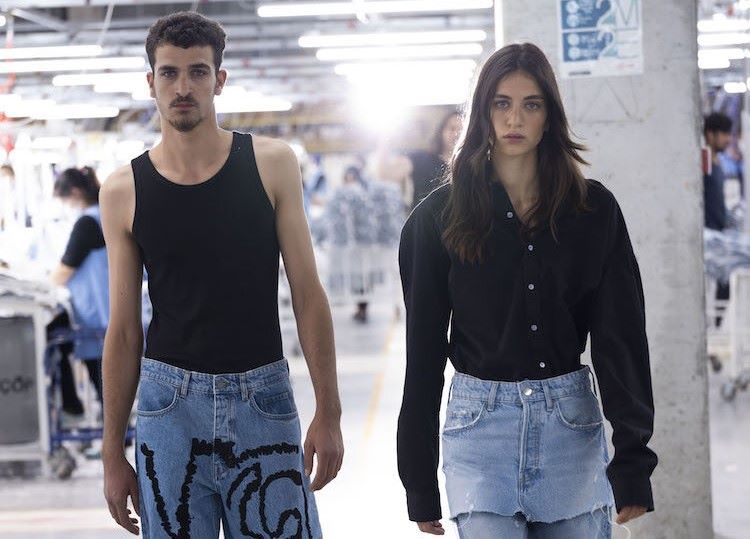"The $2.5 trillion fashion industry accounts for 10 per cent of global greenhouse gas emissions. Most of this damage is caused during the production and processing of garments especially those made from synthetic materials. These synthetic materials are sourced from fossil fuel and account for over 60 per cent of all fibers used today. Synthetic fibers are non-biodegradable and release microplastics on washing which degrades not just the environment but also human health. Another major culprit of sustainable fashion is leather, whose supply is underpinned by the use of chemicals and releases excessive amounts of methane."
 The $2.5 trillion fashion industry accounts for 10 per cent of global greenhouse gas emissions. Most of this damage is caused during the production and processing of garments especially those made from synthetic materials. These synthetic materials are sourced from fossil fuel and account for over 60 per cent of all fibers used today.
The $2.5 trillion fashion industry accounts for 10 per cent of global greenhouse gas emissions. Most of this damage is caused during the production and processing of garments especially those made from synthetic materials. These synthetic materials are sourced from fossil fuel and account for over 60 per cent of all fibers used today.
Synthetic fibers are non-biodegradable and release microplastics on washing which degrades not just the environment but also human health. Another major culprit of sustainable fashion is leather, whose supply is underpinned by the use of chemicals and releases excessive amounts of methane.
Cotton a sustainable option to synthetics
A sustainable option to these is cotton, a natural, biodegradable fiber whose farming and production relies on the use of pesticides and extreme amounts of water. Using the same methods of production and fabrics for majority of garments, can ensure the industry’s practices become more sustainable and hold suppliers accountable for heightening unsustainable garments in the market. The fashion industry forecasts carbon emissions will grow 60 per cent by 2030. To counter these negative effects, we need to introduce stricter policies. However, the current policies do not provide a space for reforms that could address the issue’s severity. Though G7’s Fashion Pact, signed in 2019, has come as a relief, brands are still not committed to mitigate and adapt to climate change, restore biodiversity and protect the oceans.
A non-binding guideline to enforce a legal framework
Though the industry has introduced some other initiatives including the Fashion Industry Charter for Climate Action and the UN Alliance for Sustainable Fashion to ensure sectoral engagement, the policy outputs of these remain voluntary. The Organisation for Economic Co-operation and Development and the International Labor Organisation have also complied a non-binding guideline for enterprises. This guideline emphasises that domestic legislation should ‘establish and enforce adequate legal frameworks’.
sectoral engagement, the policy outputs of these remain voluntary. The Organisation for Economic Co-operation and Development and the International Labor Organisation have also complied a non-binding guideline for enterprises. This guideline emphasises that domestic legislation should ‘establish and enforce adequate legal frameworks’.
The European Union regulates the apparel industry by ensuring its member states and foreign exporters follow rules on the use of chemicals, product safety, packaging and packaging waste. The policy makers have been pondering over such fundamental environmental safeguards for years. However, they need to formulate more progressive notions.
A new tax on synthetic fibers needed
Though the industry needs a harmonised legal framework, it is currently being presented with sporadic voluntary schemes perceived as proofs of sustainable manufacturing practices. The industry has introduced several certification schemes, such as the Global Organic Textile Standard, OEKO-TEX and EU Ecolabel, to testify textiles’ sustainable manufacturing and assessment tools, like the Higg Index by Sustainable Apparel Coalition, and labeling, to characterise products as ‘sustainable apparel’. As none of these schemes’ use is prescribed by the current policies, accountability is not part of the system yet.
Based on these forecasts, it is evident that the industry needs to fill some policy gaps urgently. For this, it can introduce either a tax or limitation on the use of (new) synthetic fibres. It can also incentivise sustainable farming and production through subsidies, like the EU offered to boost sustainable farming in select countries, could promote environmental sustainability and economic development, too. The industry can achieve its sustainability goals by making the current schemes mandatory.












